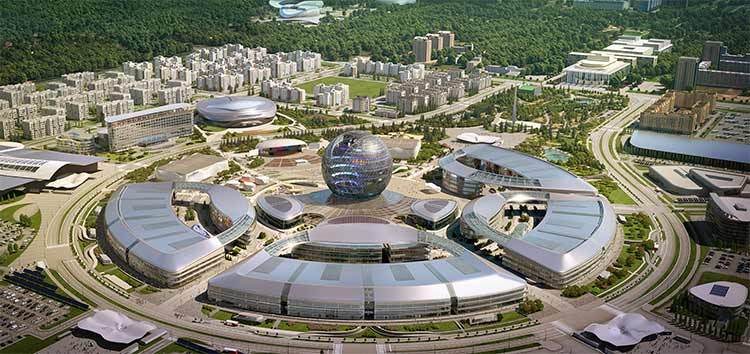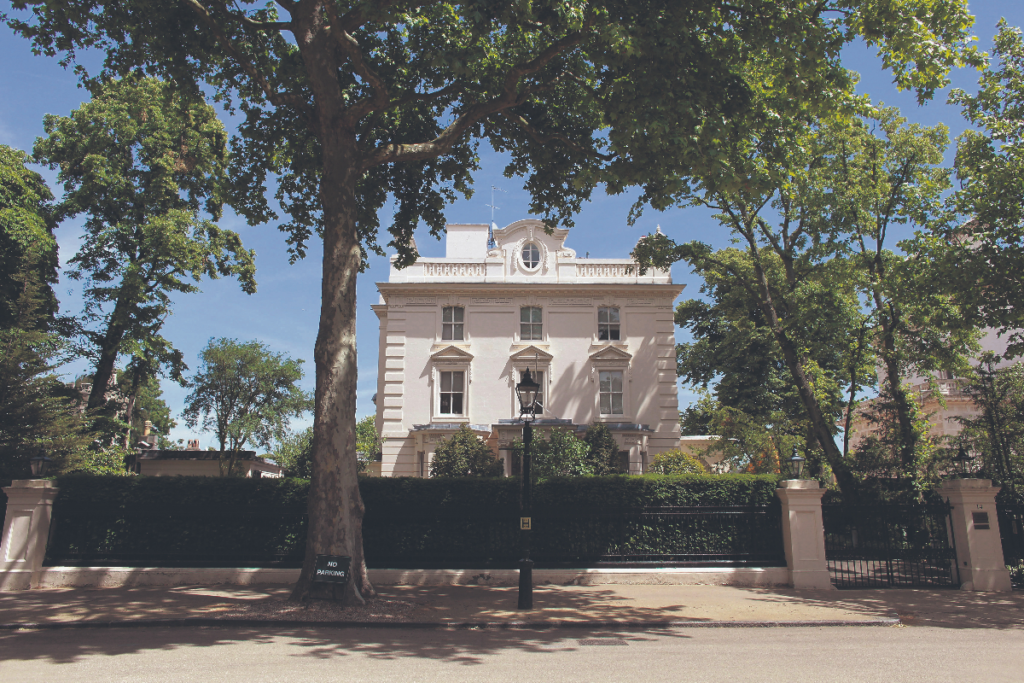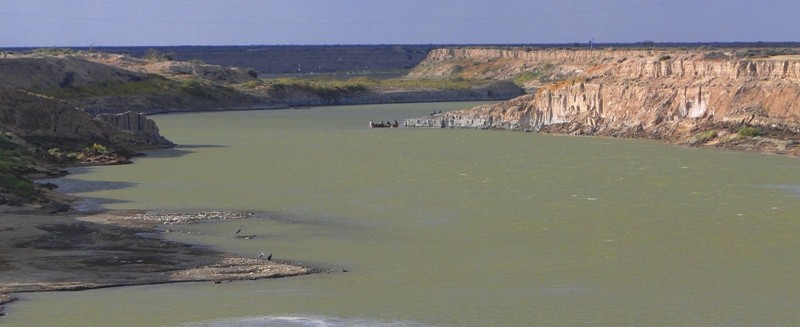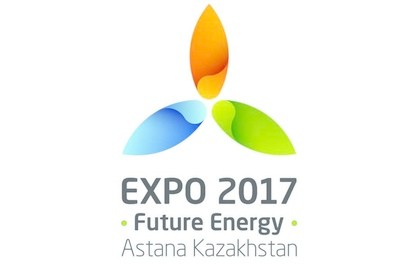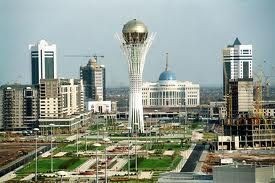ASTANA (TCA) — The EXPO-2017 that is going on in Astana has caused some discontent from local residents and foreign visitors due to unreasonably hiked prices in the city. We are republishing this article by Aktan Rysaliev on the issue, originally published by EurasiaNet.org:
The EXPO-2017 in Astana, Kazakhstan’s latest glitzy and expensive attempt to showcase its development to the world, is not proving a public relations success.
One episode that became avoidably embarrassing began with Foreign Policy magazine publishing a sniffy piece, mockingly titled “Kazakhstan Spent $5 Billion on a Death Star and It Doesn’t Even Shoot Lasers,” calling not just Kazakhstan’s hosting, but also the entire concept, of the EXPO into question. The author of the piece dwelled in particular on the apparent paucity of visitors and the excess expense involved in organizing the fair.
Instead of exercising discretion, disgruntled officials in Astana have gone on the offensive.
Speaking to the media, Sergei Kuyanov, director of public relations at Astana EXPO-2017, on June 19 declared that the writer of the piece, James Palmer, was in no position to criticize as he had not even attended the EXPO. Indeed, continued Kuyanov, there is reliable evidence that Palmer had not even visited Kazakhstan at all.
Palmer quickly responded by tweeting images of his passport with stamps confirming entry and departure from Kazakhstan, as well as the ticket stub from when he went to the EXPO. He then stuck in the knife.
“Welcome to all my new Kazakhistani [sic] followers! You are a charming people with a beautiful country and, alas, some dumb authorities,” he wrote on Twitter.
To add to the PR catastrophe, many internet users in Kazakhstan reported after this exchange that they were unable to open the Foreign Policy website. Astana routinely blocks websites it deems to contain extremist or illegal content and on occasion uses similar methods to bar access to news resources including articles critical of the government.
Mishandling of this incident will now likely only draw more attention to one of the issues raised by Palmer — namely, the public grumbling caused by the event, which opened its doors on June 9.
Many are complaining, for example, that the EXPO has driven up the price of groceries and services in Astana. Even one-day apartment rental prices have shot up because of owners hoping to cash in on moneybag foreigners.
According to realty site Krisha.kz, the cost of renting an apartment for one day — a popular and usually cheaper alternative to staying in a hotel — has spiked more than twofold to between 20,000 and 35,000 tenge ($64-110). Apartment-owners have justified the price increase by citing the increase in demand.
Realtors say visitors on a budget can opt for places on the edge of the city, but anybody doing that inevitably loses much of the savings at the moment when it comes to taking a taxi into town.
“We’re suffering too, but what can you do?” pleaded one realtor to Krisha.kz. “Today I took a cab to work. I only managed to get the driver to lower the price after convincing him that I was local.”
It is uncertain whether Astana cabbies are oohing and aahing over the green technologies being shown off at the EXPO, but they are definitely rubbing their hands in glee over this bonanza period. The usual cost of a taxi ride in the city is around 500-700 tenge ($1.6-2.2), but that tariff has now risen several times over.
Guileless outsiders are like fish in a barrel for unscrupulous operators.
Police are trying to do their bit. On June 6, Astana police detained a 33-year old taxi driver who charged a Hungarian visitor $130 for a ride from the airport to the center. The normal cost is under $10. Another driver charged a visitor from Germany a more modest $60.
Even the cost of internal flights has increased. One popular blogger Botagoz Toktar complained bitterly on his Facebook account that Air Astana had drastically hiked prices for tickets from Astana to Almaty and, somewhat emotively, called the airline “inhumane scum” for doing so.
News website Nur.kz, meanwhile, drew attention to extortionate charges (by Kazakhstan standards) for refreshments at the EXPO. Among the items listed were bottled water ($4.6), horse meat ($17), Kuyrdak, a greasy fried meat concoction beloved of roadside cafes ($20) and a pot of tea ($6). The mark-up on some of the simplest items reached 1000 percent. As the Nur.kz reporter notes, since 95 percent of the visitors to the EXPO are locals, it is not as though this price-gouging can even be said to be affecting only foreigners.
The authorities have made some token, and seemingly ineffectual attempts, to curb the price increases. Astana city hall has drawn up lists of the most affordable real estate and created a multilingual booking system to boot.
“We are trying to influence costs through the market,” said deputy mayor Malik Bekturov.
Authorities seem to be using a less hidden hand with the city’s homeless, however. Video footage that has cropped up online shows police officers offloading groups of what appear to be men, at least one of them on crutches, selected for temporary expulsion from Astana. In the days that followed publication of the video, a few people targeted for removal from the city surfaced to give accounts of their alleged relocation, which has been explained as an attempt to polish the appearance of the capital while the EXPO is running.
